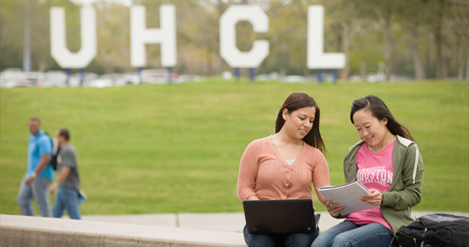
International students face challenges with job opportunities
Studying abroad offers students opportunities to broaden career paths, gain new perspectives on other cultures and expand language skills. However, college can be expensive, and finding work to pay off college debts can be difficult to acquire for international students.
Students who come to universities in America to study abroad face challenges such as restrictions in terms of their visa making it difficult for international students to find available jobs. Non-immigrant student visas allow students to work under certain conditions and guidelines issued by the United States Citizenship and Immigration Service (USCIS). For example, international students are allowed to work anywhere on campus but in order to work off campus, the job must be related to their degree plan. Even then, there are many rules and regulations that apply.
“We don’t have good enough data on international student success rates to provide an accurate picture of success,” said Director of Career Services Chuck Crocker. “That said, from my 20-plus years of experience working with international students in the job search, success depends on the level of effort, strategy used in the job search, type of major, and the current economy. Students that Career Services has worked with who are going into high-tech fields such as Computer Science, MIS and Biotechnology have, in time, been successful. It’s the student who tries to do it on their own who struggles. Developing an effective strategic plan is crucial because the student who requires a work visa is facing a myriad of barriers that the domestic candidate does not.”
These internal barriers to success are issues that Crocker says can be overcome depending on the amount of work that the international student puts forth.
A significant decision that international students face is whether or not to pursue a future in America or return to their native country.
“I am about to finish a wonderful internship at Baylor College of Medicine, which has provided me an in-depth experience of how amazing the system here in the United States is,” said Harsh Naik, health care administration major. “I am more curious about how the system works here and would decide my future plans as they pass through my graduation next year.”
Some international students plan to stay and work in the U.S. post-graduation because of job opportunities not offered in their home country. Some students come to America and pursue a degree that offers plenty of work options back in their native country.
“Based on my field of study I have a lot of opportunities in my country, and I will not have any problem finding a job, but working in the U.S. would be different for me,” said Saeid Amanzadeh, software engineering major. “I am learning technologies which are used by the U.S. companies and not my country’s firms, and also it is my conviction that a good combination of academic knowledge and work experience would be a big asset for being a successful software engineer.”
One of the biggest obstacles international students face post-graduation is that they are allowed to work in the United States for one year in their field of study. Potential employers aren’t always willing to train someone who they will either lose in a year or face the expense of sponsorship.
“It may cost the employer somewhere between 5-10K to do the essential government paperwork, which requires legal assistance to sponsor one international job candidate for hire,” Crocker said.
It is common for students to face the stress and anxiety of finding a job post-graduation. International students studying abroad also face additional challenges, such as immigration laws restricting them from getting jobs in America.
For more information in regards to international student admissions, contact the Office of International Admissions and Programs at 281-283-2740 or email OIAP@uhcl.edu.
